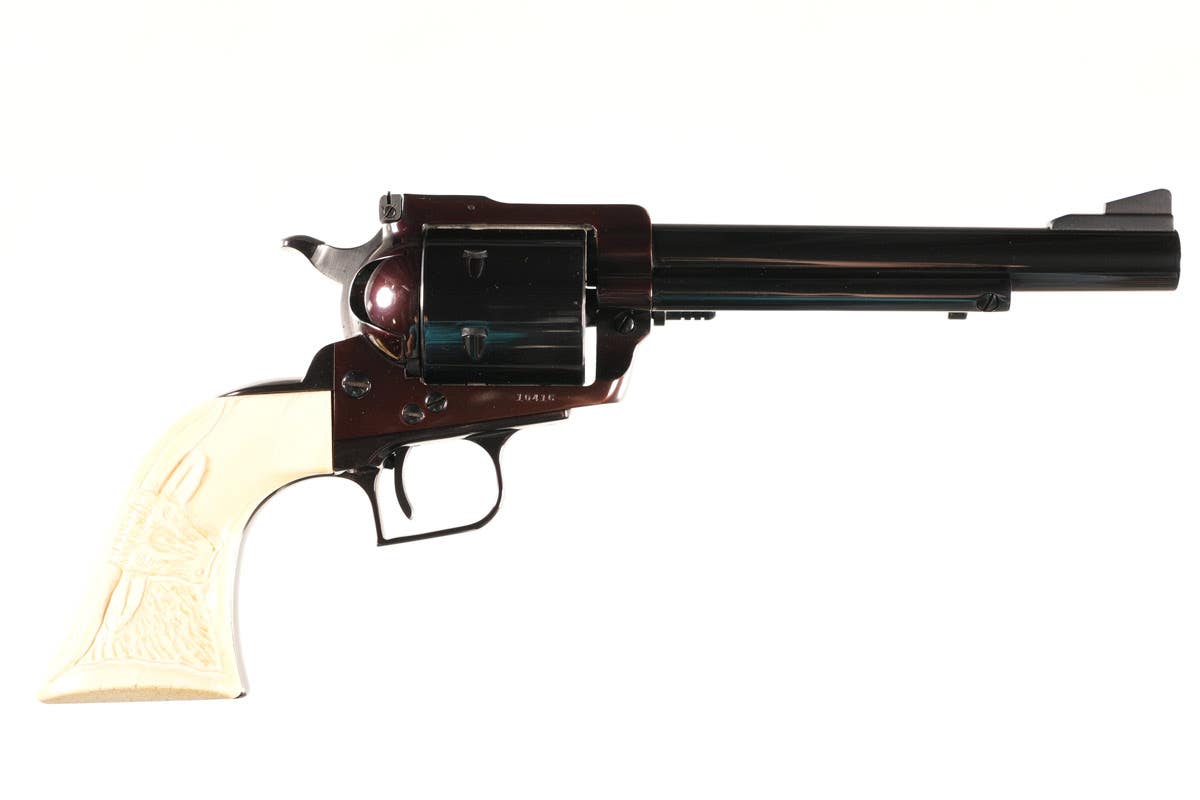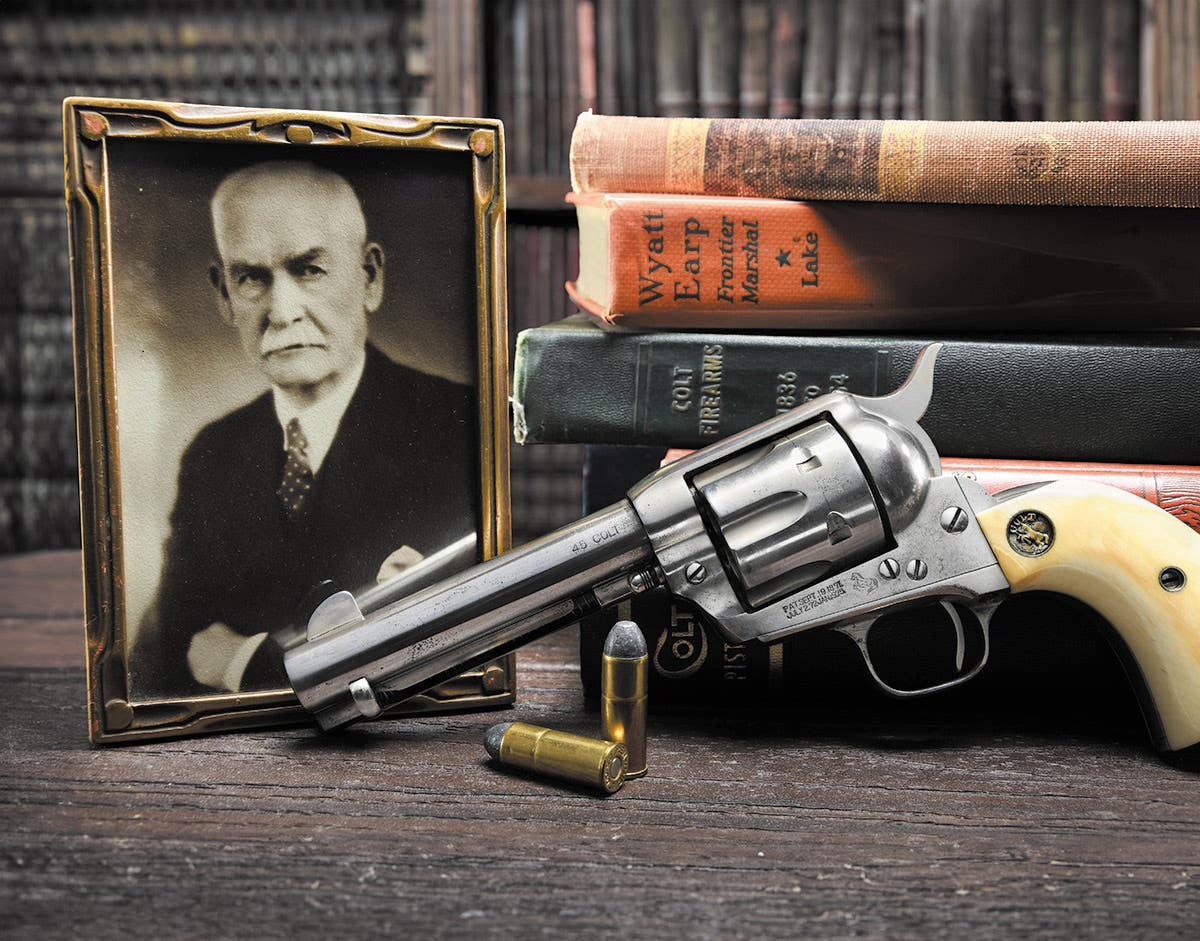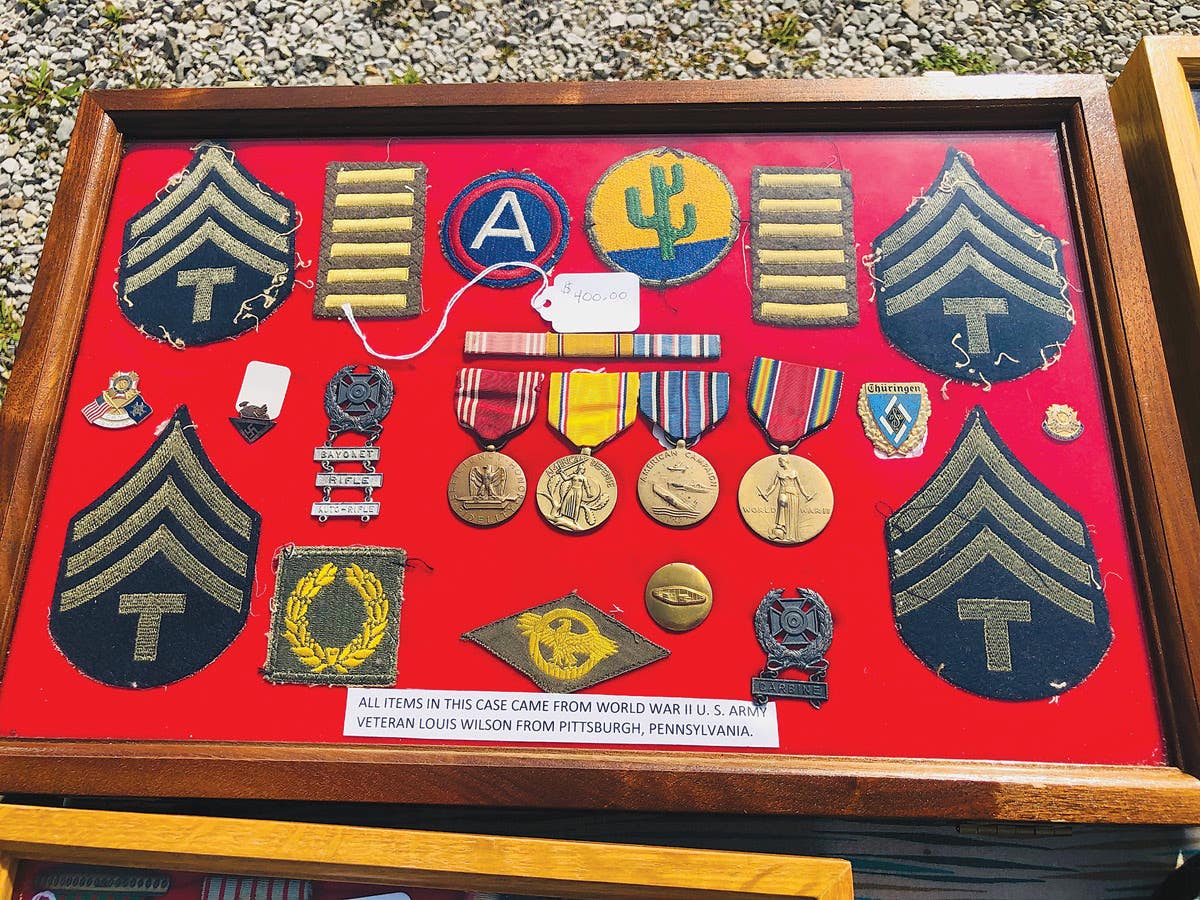Stolen Valor Act: A Legal Opinion
A valued reader weighs in on what impact this this controversial Act could have on the you, the collector.
Dear Military Trader:
I am a long time collector of US decorations and medals, and am a member of the Board of Directors of the Orders and Medals Society of America. I also am a retired Army officer (25 years active duty) and have almost 30 years experience as an attorney (mostly criminal and international law). Here are some thoughts on the new Stolen Valor Act (SVA) that may be of interest to MT readers:
* The law now makes it illegal for us to buy and sell most US decorations and medals.
* The law was badly drafted (written) and hurriedly passed by a Congress that wanted to make a political statement (i.e. "let's support our heroes and punish imposters") without any thought of the law's affect upon thousands of historians and medal collectors who acquire medals for legitimate purposes.
* The good news is that, because the law was so badly drafted, there have been lots of unintended consequences. For example, it is now a criminal offense for the legitimate recipient of an American decoration to purchase a replacement medal. It is illegal for a museum to purchase US decorations for its collection. It is actually illegal to mail a decoration or medal. You get the idea. But this bad law is "good" news to the extent that when a veteran or museum is now facing criminal liability, even the most foolish lawmaker can see that something has to be done.
* The best hope is that some regulatory changes will create an exception for collectors (and other legitimate buyers and sellers)--but it will take 12-18 months or so. I explain below how we may be able to fix this law with a regulatory provision.
More details:
* The Stolen Valor Act SVA makes it a criminal offense to buy, sell, trade, exchange all decorations and medals; there are increased criminal penalties when the decorations involved are the DSC/Navy Cross/Air Force Cross, Silver Star, and Purple Heart.
* The law provides, however, that if there is a REGULATORY EXCEPTION to the SVA, that exception trumps the language of the statute. This means that if there is a regulation published in the U.S. Code of Federal Regulations (CFR) permitting the buying and selling etc. of US decorations and medals, we collectors would be safe from criminal liability for buying, selling, trading, etc.
* Prior to the enactment of the SVA in late December 2006, U.S. law made it a criminal offense to manufacture or sell US decorations and medals. This crime, however, was overridden by 32 CFR subpart 507, which permitted individuals to make and sell medals. The intent of this regulatory provision was to make it legal for corporations to make and sell medals (since the US Mint was no longer in the business of making our medals, there had to be legal protection for private firms to manufacture them). We collectors were able to "bootstrap" our activities onto this provision to buy and sell because the regulatory language did not say it applied only to manufacturers.
* With the passage of the SVA, the statute and the regulatory exception are now "out of sync" because the statute makes buying, trading, selling--and even mailing--decorations and medals illegal, while the regulation only exempts selling and making.
* Sellers have no protection, however, because under the common law, a seller of a medal would be guilty as an aider and abettor to any purchase. Alternatively, the seller would be a co-conspirator in a conspiracy to buy a decoration.
* At the moment, it seems as if the FBI is not interested in pursuing collectors and legitimate buyers or sellers of US decorations and medals. This makes sense, because the intent of the Stolen Valor Act was to go after the "imposters" and other "medal phonies" who claimed to be heroes or recipients of prestigious decorations. That said, the "road to hell is truly paved with good intentions," as the professed intent of the Stolen Valor Act has nothing to do with what the plain language of the Act says: it is a crime to buy, sell, mail, trade, barter, all US decorations and medals.
* We can all envisage a scenario where a disgruntled buyer of an allegedly fake PH or some other decoration calls the FBI to complain about the collectors who illegally sold him this medal. Just because the caller incriminates himself will not help the seller when the FBI opens up an investigation and an overzealous criminal prosecutor then charges the collector-seller with violating the law. The result will certainly be confiscation of the medal and perhaps a criminal conviction--not to mention the expense of hiring a defense lawyer (thousands and thousands of dollars).
* One excellent issue to think about--still unresolved--is: how can it be a criminal offense for a recipient to sell a decoration or medal that was officially awarded to him? If the Army awards a Purple Heart to me after I am wounded in action, is it not my personal property? Should I not be able to sell it or otherwise dispose of it in any lawful manner? What about my heirs? Shouldn't my wife have the right to sell my medals after my death--to a museum? The Stolen Valor Act says if she does so, she is a criminal. That just isn't right.
* All of the above is my opinion--but based on almost 30 years experience as a prosecutor and defense counsel in U.S. civilian and military courts.
--Fred Borch, Colonel, USA (ret)
Attorney at Law







